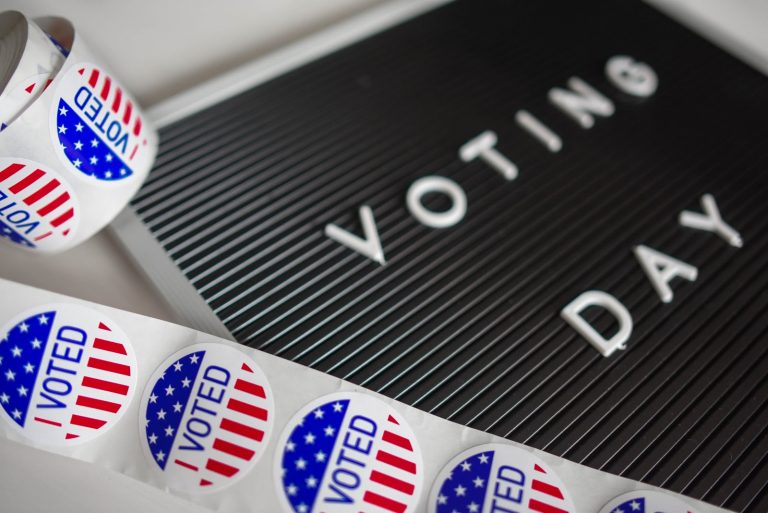Georgia Governor Brian Kemp recently signed into law SB 202 that introduces several election reforms in the state, covering absentee voting, drop boxes, and voting dates. Announcing that the bill will ensure a fair and secure election, Kemp applauded the General Assembly members for making it “easy to vote and hard to cheat.”
The bill, ‘The Election Integrity Act of 2021,’ was previously passed in the House with a 100-75 vote and in the Senate with a 34-20 vote; Republicans supported it on both occasions. Zero Democrats voted for the bill.
“With Senate Bill 202, Georgia will take another step toward ensuring that our elections are secure, accessible, and fair… After November, I knew, like so many of you, that significant reforms to our state elections were needed… There’s no doubt there were many alarming issues with how the election was handled, and those problems understandably led to the crisis of confidence at the ballot box here in Georgia,” Kemp said in a statement. The new law introduces the following changes to Georgia’s election procedures.

- People who wish to use the absentee mail vote option need to submit a state-approved ID like a driver’s license. The stipulation replaces the previous signature matching process Kemp had called arbitrary and time-consuming. For the 2020 presidential race, over 1.3 million Georgian citizens had opted for absentee mail voting, and the state had to deal with several recounts to confirm the results. The governor pointed out that since in-person votes mandate a photo ID, it only makes sense that such a requirement is made for absentee ballots. Absentee ballot requests can only be made 11 days before Election Day.
- The law allows for two Saturdays of early voting in the state. However, counties can continue using two Sundays of early voting if needed. The runoff election cycle is shortened to four weeks from nine weeks, with one week of early voting allowed.
- Drop boxes must be placed inside early voting locations and under constant surveillance by a licensed security guard, election official or their designee, or an official from the law enforcement.
- People are prohibited from soliciting votes or distributing campaign material within 25 feet of voters standing in line at the polling stations. Plus, they cannot give out gifts like food, drinks, or money to the voters.
- If a voter were to cast a vote at a precinct different from the one he is registered with, the vote would not be counted. However, if the vote is cast after 5 p.m. on Election Day, and the voter provides a sworn statement that includes a valid reason why they could not vote at the registered place, the ballot may be counted.
- A telephone hotline will be established to collect complaints of potential election fraud or voter intimidation. The material is to be reviewed by the Attorney General within three days of receipt.
The law has faced strong criticism from Democrats and voting rights groups. President Joe Biden called it the ‘Jim Crow in the 21st Century’ and an attack on the American constitution. He stated that his administration and the Justice Department are looking at the legislation.
The American Civil Liberties Union has announced that they will be challenging the law in court. Nse Ufot, CEO of The New Georgia Project, stated that they would also be seeking a solution at the court and accused that the law violated the First and the Fourteenth Amendments.
Success
You are now signed up for our newsletter
Success
Check your email to complete sign up
“I have no idea how long the battle takes. I would like for it to be quick. But we will see what the judge has to say about this… They (Republicans) will continue to lose because, in a marketplace of ideas, fewer and fewer people are buying what they are selling, and the only way for them to continue to hold onto power is to make it difficult for more people to vote” she told CNN.
















